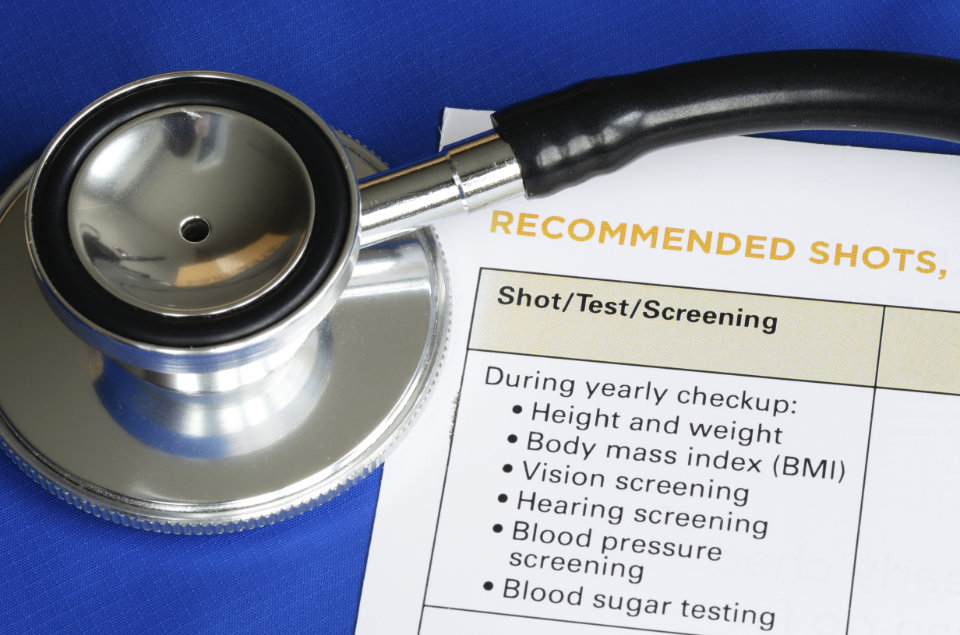Fit runners often epitomise the pinnacle of endurance, discipline, and good health. Their rippling muscles, low body fat, and ability to cover long distances swiftly are testaments to a well-tuned physique. Given this, it’s common to assume that these athletes are in perfect health. However, does this athletic prowess eliminate the need for regular health screening?
In this article, we delve into why regular health screening is essential for fit runners, emphasising the importance of proactive health checks regardless of one’s fitness level.
Table of Contents
Understanding Health Screening
Regular health screening is a crucial preventative measure that entails a series of tests and examinations to identify potential health issues before they escalate. For fit runners, especially marathoners, this is particularly important.
Despite their peak physical condition, there have been alarming instances where fit marathoners suddenly collapse or even die during races. An article from RunSociety, titled “Why Do Fit Runners Suddenly Die While Running Marathons?”, delves into this unsettling phenomenon. These unexpected events are often due to hidden cardiovascular conditions such as undiagnosed heart diseases, arrhythmias, or structural abnormalities.
Such issues may not present noticeable symptoms during everyday activities but can become life-threatening under the intense physical stress of long-distance running.
By undergoing regular health screening, runners can detect these silent threats early. Comprehensive evaluations—including heart health assessments, cholesterol level checks, and blood pressure monitoring—provide invaluable insights into one’s well-being. It’s not merely about diagnosing diseases but also about assessing risks and providing a clear roadmap for a healthier life.
Regular health screening empowers fit runners to take proactive steps in safeguarding their health, ensuring that their passion for running doesn’t inadvertently put their lives at risk. Early detection and intervention can prevent serious health incidents, allowing runners to perform at their best while maintaining optimal well-being.
The Physical Demands on a Runner’s Body
Running, though immensely beneficial, places significant demands on various body systems. The cardiovascular system, muscles, bones, and joints all work in tandem to endure the rigors of running.
While running fosters cardiovascular health, it can also mask underlying health issues like heart irregularities or bone density concerns, which only a thorough health screening can unveil.
Health Risks Unveiled Through Health Screening
The annals of athletic history are dotted with tales of runners who, despite their remarkable fitness, faced grave health issues, often uncovered too late.
Regular health screening can unearth underlying conditions like heart diseases, osteoporosis, or even diabetes. Uncovering such conditions early can be life-saving and ensure many more years of healthy running.

The Proactive Approach: Regular Health Screening
Adopting a proactive approach by including regular health screening in your fitness regimen is a wise strategy. It bridges the gap between perceived and actual health, providing a realistic picture of your wellness.
Recommended Health Screenings for Runners:
| Name of Screening | Frequency | Targeted for Who | Why | Recommended Age |
|---|---|---|---|---|
| Cardiovascular Screening | Annually | All Runners | To identify any heart irregularities | 35+ |
| Bone Density Scan | Every 2-5 Years | Long-Distance Runners | To monitor bone health and prevent osteoporosis | 40+ (earlier for women) |
| Blood Tests | Annually | All Runners | To check for diabetes, cholesterol levels, etc. | 18+ |
| Vision and Hearing Tests | Every 2 Years | All Runners | To ensure sensory capabilities are intact | 18+ |
| Body Composition Analysis | Bi-Annually | All Runners | To monitor body fat and muscle mass ratios | 18+ |
| Iron and Ferritin Levels | Annually | Primarily Female Runners | To monitor for anemia, which is common in endurance athletes | 18+ |
| Vitamin D Levels | Annually | Primarily Female Runners | To prevent deficiency-related bone issues, especially in women | 30+ |
| Testosterone Levels | Every 1-2 Years | Male Runners | To assess energy, recovery, and muscle maintenance | 40+ |
| Prostate Screening | Every 1-2 Years | Male Runners | To check for early signs of prostate issues | 50+ |
| Pelvic Health Assessment | Every 2-3 Years | Female Runners | To assess for pelvic floor strength, especially post-pregnancy | 25+ |
| Breast Health Screening | Annually or as recommended | Female Runners | To detect any early signs of breast abnormalities | 40+ |
| Hormone Panel (including Thyroid) | Annually | Both, especially distance runners | To monitor energy levels, metabolism, and recovery capability | 30+ |
| Lung Function Test | Every 3 Years | Runners with respiratory issues | To assess lung capacity and detect any underlying conditions | 30+ |
| Skin Cancer Screening | Annually | Both, especially outdoor runners | To identify any early signs of skin issues due to sun exposure | 30+ |
Overcoming the Misconception
The misconception that fit runners are immune to health issues can be detrimental. Health is not merely the absence of disease but the holistic well-being of an individual.
Regular health screening is an indispensable tool in a runner’s arsenal to maintain optimal health and to continue hitting the pavement with vigor and vitality.
Make Health Screening Your Buddy
Embracing a regimen of regular health screening is a hallmark of a responsible and informed runner. It’s not merely about lacing up those running shoes but also about being attuned to the whispers of your body, whispers that health screening can amplify into actionable insights.
Runners, it’s time to align your strides with the rhythm of your health, making regular health screening a runner’s ally in the journey of fitness and well-being.
We seek to debunk the myth surrounding the need for health screening among fit runners, promoting a culture of proactive health management.
The road to a long, fulfilling running journey is paved with a balanced approach to fitness and health, where regular health screening plays a pivotal role.
For more insights on maintaining a healthy running lifestyle, check out our article that delve into various facets of a runner’s health and wellness.





